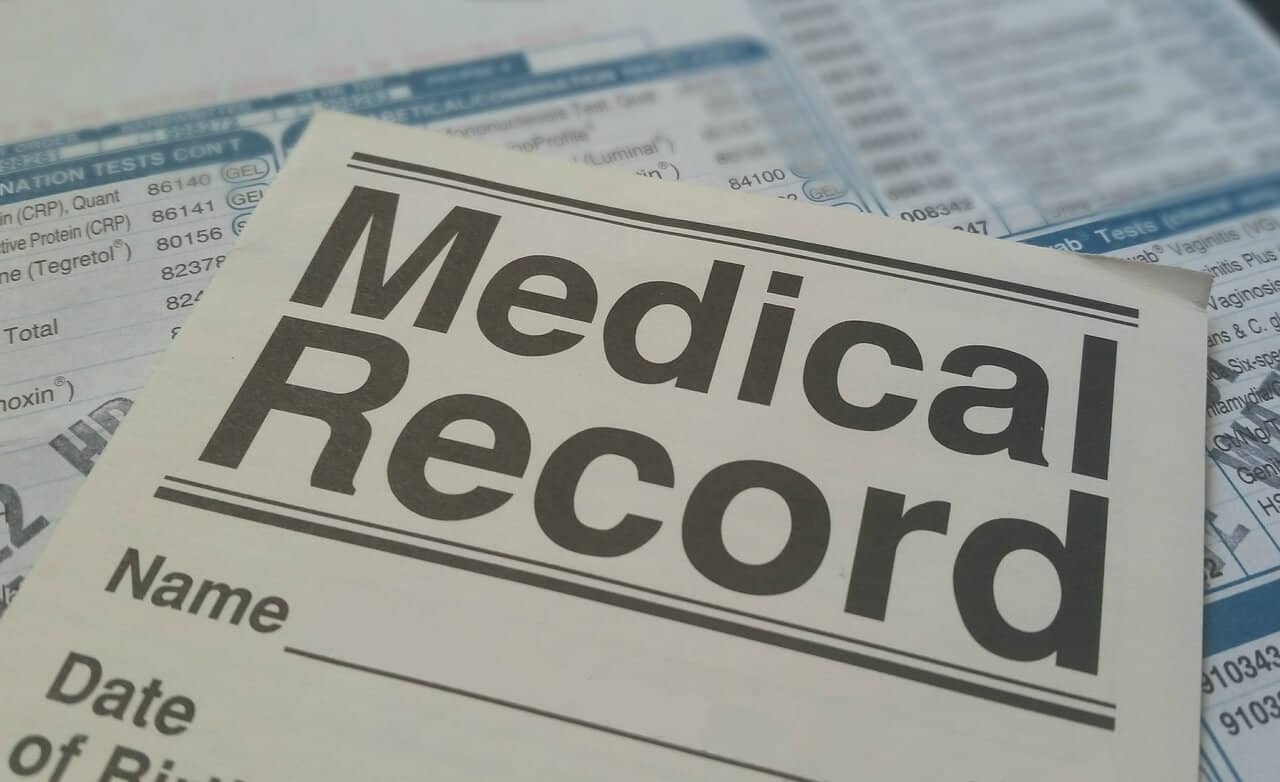Patient Confidentiality is the guardian of trust in the realm of healthcare. In the intricate dance of medical care, patients share their deepest fears and vulnerabilities with the implicit understanding that their personal information is safeguarded. This confidentiality, however, is not an impenetrable fortress. There are instances when the walls protecting patient secrets may need to be breached, especially in the context of clinical negligence cases.
The Essence of Patient Confidentiality
From the moment a patient steps into a healthcare setting, a sacred pact is established. Their personal details, medical history, and the nuances of their health become closely guarded secrets, accessible only to those directly involved in their care. This confidentiality is not just a professional obligation but a legal and ethical mandate.
Patient confidentiality is the bedrock upon which the doctor-patient relationship is built. It fosters openness, encourages patients to share pertinent details without fear of judgement, and ultimately contributes to effective healthcare delivery. However, this confidentiality, though sacrosanct, is not absolute.
The Tightrope Walk: When Can Patient Confidentiality be Breached?
In the realm of clinical negligence cases, the question of breaching patient confidentiality arises like a tightrope walk – a delicate balancing act between the duty to protect patient information and the responsibility to ensure justice. The need to breach confidentiality is not arbitrary; it is governed by specific circumstances where the greater good trumps individual privacy.
In cases where a patient’s health is endangered by their own actions or decisions, healthcare professionals face a moral dilemma. For instance, if a patient insists on pursuing a course of treatment that is demonstrably harmful, disclosing this information to prevent harm becomes a justifiable breach of confidentiality.
Similarly, when a patient poses a risk to the safety of others, such as in cases of infectious diseases, the imperative to protect the public may override the obligation to keep individual health details confidential. In these instances, the ethical compass points towards a broader responsibility to society.
Breach of Duty in Clinical Negligence: Unravelling the Threads
The breach of duty in clinical negligence is a complex tapestry woven with the threads of professional responsibility and ethical considerations. It occurs when a healthcare professional fails to meet the standard of care expected in their field, leading to harm or injury to the patient. In the context of patient confidentiality, breach of duty takes a nuanced form.
Healthcare providers have a duty to maintain the confidentiality of patient information. This duty, however, is not absolute and may be breached under certain circumstances. One such circumstance is when disclosure is necessary to prevent harm to the patient or others. If a healthcare professional becomes aware of a patient’s intention to cause harm to themselves or others, a breach of duty may occur to prevent such harm.
Moreover, if information comes to light that a patient’s condition poses a risk to public health, the duty to maintain confidentiality may yield to the broader duty of protecting the community. This intricate dance between duty and confidentiality underscores the complexities embedded in clinical negligence cases.
The Legal Landscape: Navigating the Maze of Patient Confidentiality Laws
In the United Kingdom, patient confidentiality is not only an ethical obligation but is enshrined in law. The General Medical Council (GMC) provides guidelines that healthcare professionals must adhere to, emphasising the importance of patient confidentiality. However, these guidelines also recognize the exceptions that allow for breaches when necessary.
The legal landscape surrounding patient confidentiality in clinical negligence cases is multi-faceted. The Data Protection Act and the General Data Protection Regulation (GDPR) play a crucial role in governing the use and disclosure of patient information. These regulations provide a framework for balancing the rights of individuals against the broader societal interest.
Ethical Considerations: Nurturing Trust Amidst Legal Imperatives
While legal frameworks provide a scaffold for navigating patient confidentiality in clinical negligence cases, the ethical considerations are equally, if not more, significant. The healthcare profession is inherently rooted in principles of beneficence, non-maleficence, autonomy, and justice. These principles guide healthcare professionals in their decisions, especially when facing the challenging terrain of breaching patient confidentiality.
In clinical negligence cases, the healthcare provider must weigh the potential harm caused by breaching confidentiality against the harm that might result from maintaining it. Striking a balance between legal obligations and ethical principles is paramount to maintaining the trust that forms the bedrock of the doctor-patient relationship.
Making a Clinical Negligence Claim with National Claims
In the pursuit of justice for clinical negligence cases, organisations like National Claims play a pivotal role. National Claims understands the nuances of patient confidentiality in such cases and navigates the legal landscape with precision. They guide individuals through the process of making a clinical negligence claim, ensuring that the breach of duty is addressed while respecting the sensitivity of patient information.

Conclusion
Patient confidentiality in clinical negligence cases is not a black-and-white matter but a tapestry woven with the threads of duty, ethics, and legal imperatives. It requires healthcare professionals to tread carefully, acknowledging the sanctity of patient secrets while recognizing the scenarios where breaching confidentiality becomes a necessary step towards justice and public safety.
In the delicate dance of patient confidentiality, the steps taken must be precise and considerate. The breach of duty in clinical negligence cases should not be seen as a betrayal of trust but as a complex manoeuvre to navigate the intricate web of legal, ethical, and professional obligations. As we continue to unravel the complexities of patient confidentiality, let it be a reminder that trust, once broken, is not easily mended. The tapestry of trust, once tarnished, requires delicate and intentional weaving to restore its strength.
Start your claim today with the help of our claims specialists. Contact us now!
Click below to see why we are one of the most trusted claims management companies in the UK.

We’re proud of our excellent customer reviews
We thrive on delivering exceptional service and ensuring our clients’ satisfaction. Don’t just take our word for it. Check out some of our independent reviews to see what our clients have to say.
Excellent

This firm is excellent, they sorted out my car pay out and injury claim very fast, they always communicate with you all the time.

My accident case was dealt with confidence and with great result of the outcome, especially James kept me informed all the time.

I was very impressed at the way my inquiry was treated. I was listened to attentively and everything I needed to know was explained to me.






